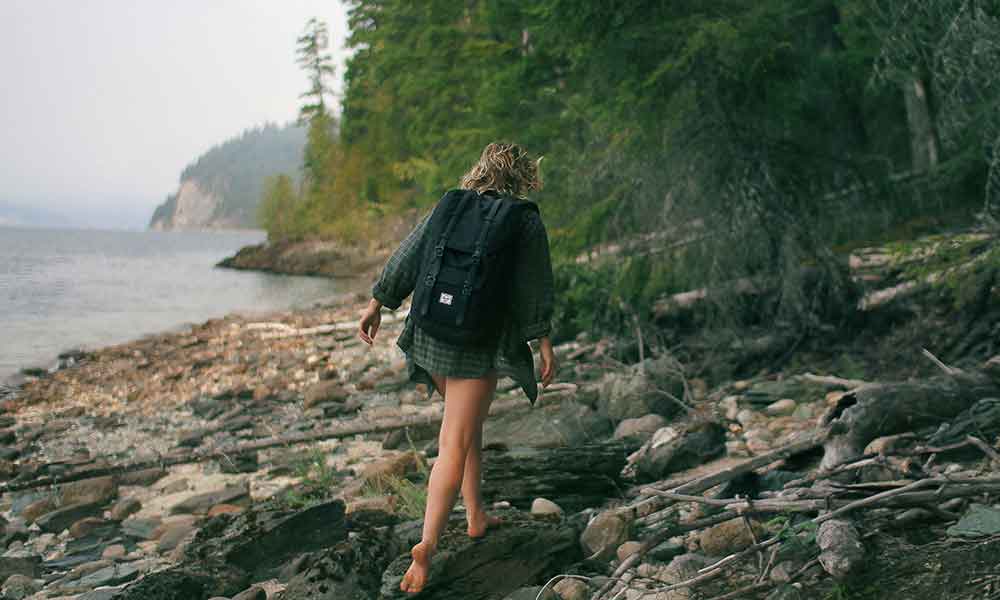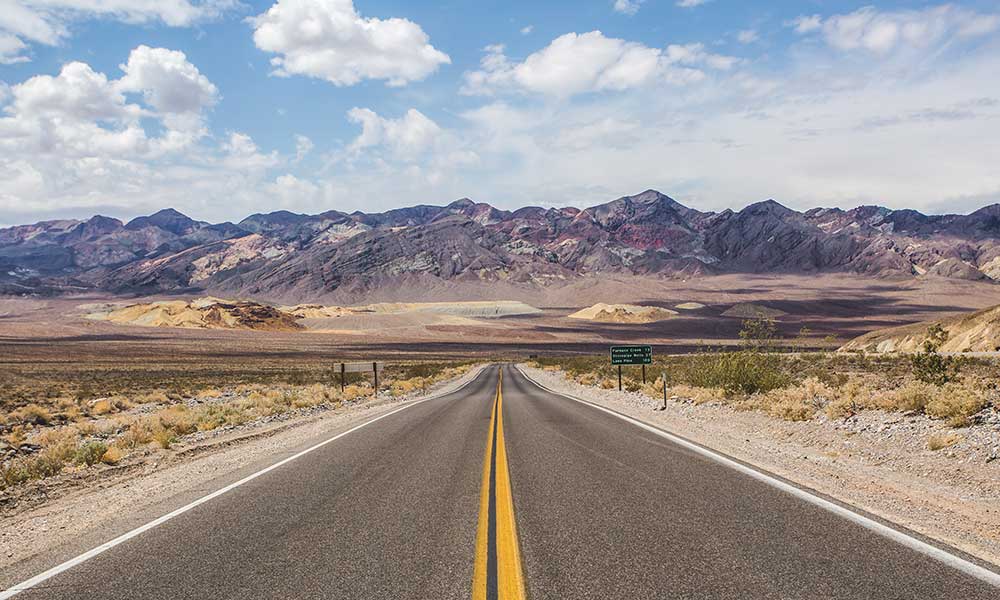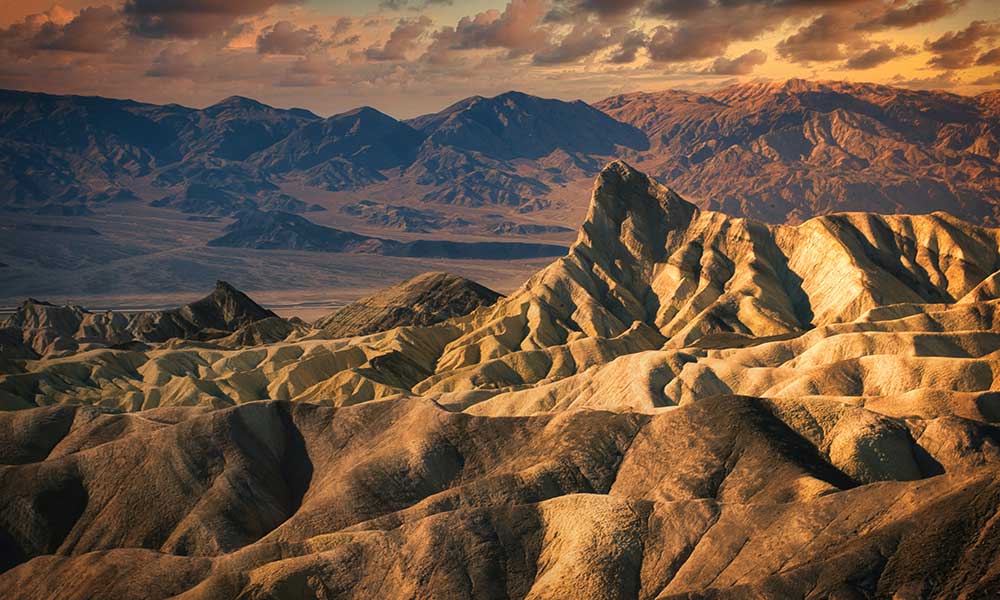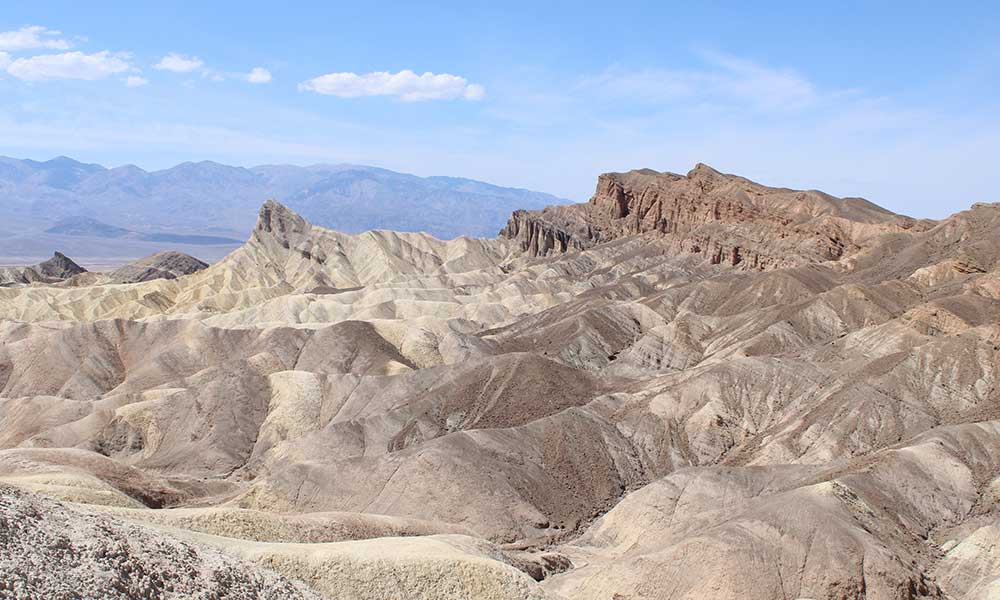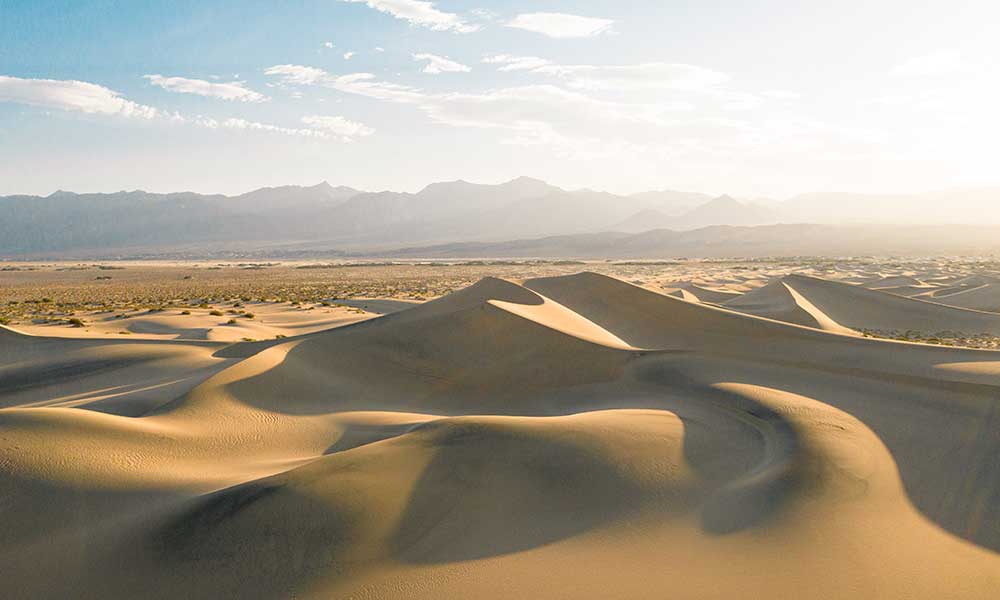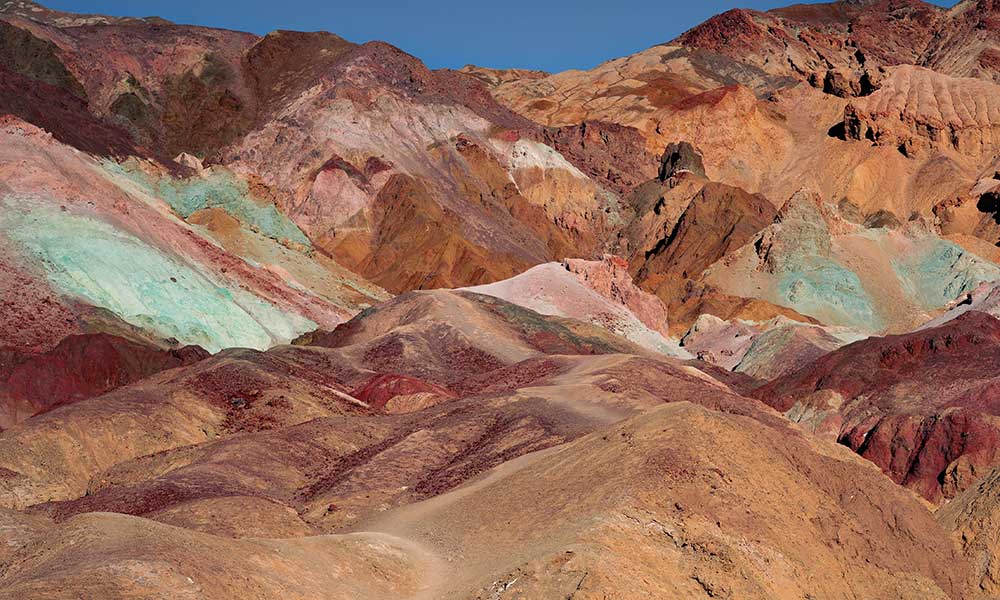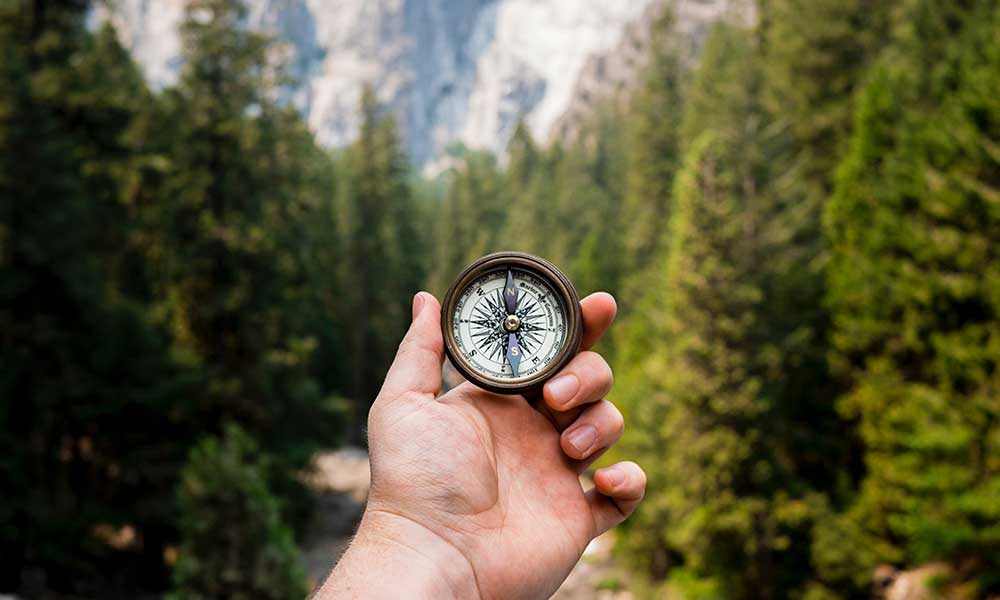Nothing beats feeling the green grass between your toes when walking in nature. With over 2000 nerve endings in each of your feet, you are sure to heighten all your senses on every hiking trail. Do you want to hike barefoot? There are some things you need to keep in mind!
Hiking barefoot can increase your coordination and balance and can greatly reduce the impact on your legs. Although hiking barefoot can be slow and cause calluses, it would help if you kept things slow, took good care of your feet, and paid attention to how you walked.
It doesn’t matter whether you are an experienced hiking enthusiast who wants t try something new or if you just want to hike barefoot for fun. Barefoot hiking can be fun if you keep a few things in mind!
Advantages Of Hiking Barefoot
Barefoot hiking will bring you some surprising advantages which we bet you didn’t even know about! Let’s take a look at them:
Increased Coordination And Sense Of Balance
The primary and most important thing hiking shoes do is protect your feet. However, these shoes are also specially designed to dull the mechanoreceptors on the soled of your feet muscles.
These receptors guide your weight distribution, balance, and coordination. Additionally, hiking shoes may also cause an unnatural walking gait and can cause you to develop bad habits such as higher impact heel strike and extensive weight on one edge of your feet.
The cushioning and overall weight on shoes will numb your feet and cause imbalance. It can also increase strain on your hips, knees, and ankles. As a result, you may think the cushioning feels good, but it actually increases your chances of getting seriously injured.
Barefoot hiking will make your body more responsive to the earth beneath it, better absorb impact, and increase your balance while walking.
Impact Reduction
Modern hiking shoes are manufactured to provide hikers with sufficient protection and support, but as a result, it makes your feet weak. The soles of your shoes also insulate you from the walking surface and allow you to jump down when you need to, but it sends strong shock waves all the way up in your body.
This will damage not only your knees, hips, feet, and joints but also your back over longer periods. When it comes to barefoot hiking, you will be forced to slow down your face and walk more carefully and slowly.
You can also allow yourself to step naturally, which reduces the stress of each of the three lower joints and avoid high-impact heel striking.
Disadvantages Of Hiking Barefoot
Now that you are aware of the advantages when it comes to barefoot hiking, you may want to consider some of the downsides as well. Let’s take a closer look:
It Slows Your Pace
Usually, somebody who hikes barefoot will be hiking at a much slower pace than a person who is wearing shoes. Most people always keep their eyes on the ground to make sure they don’t step onto anything spiky or sharp that could cause injury.
Focusing on your every step can become stressful and even exhausting to hikers who are not experienced in hiking barefoot.
Your Feet Can Become Callused
Another drawback when it comes to barefoot hiking would be that your feet may become callused. Calluses can form when you apply frequent friction or pressure to your feet.
They form to try to provide you with protection from this pressure. However, this comes at a price because calluses can be painful and large. To avoid this, you can apply duct tape to your feet.
Tips For Hiking Barefoot
With all barefoot hiking’s advantages and disadvantages listed above, you should never practice it without the proper preparation and caution. If you are more prepared, you will be less likely to get injured. Everyone can try hiking barefoot if they keep a few things in mind:
Always Take Things Slow
For you to become experienced in hiking barefoot, both you and your feet need time and lots of practice. If you are still a beginner, it would be best to start slow and walk slower distances in order to familiarize yourself with the feeling of hiking without shoes.
You can try going for a barefoot walk in the park or your garden! Always pay attention to how your feet feel after you have walked barefoot, always set realistic goals, and never try to push your feet over their limits.
Pay Careful Attention To The Way You Walk
When you try walking or hiking without shoes, it is crucial that you completely avoid dragging or shuffling your feet along the ground. By dragging your feet, you will be much more susceptible to bumping into sharp objects and getting cuts and injuries from objects in the trail.
It is also very important to always pay attention to all your surroundings and watch where you’re doing.
If you want to avoid tiring out your feet fast, you can focus on keeping all your body’s weight on the balls of your feet instead of keeping it on your heels. This way, you will move smoothly with less pressure on your feet!
Take Proper Care Of Your Feet
Although it might sound obvious that you should take good care of your feet, not everybody knows how! After each barefoot hiking session, remember to wash your feet thoroughly and give them a real treat, such as massaging them with moisturizing cream.
It would also be best to include first aid kits in your hiking backpack to care for your feet in the case of an emergency. Even the most experienced and toughest barefoot hikers can suffer from wounds or cuts while hiking!
Conclusion
Now that you know all the good and bad things about hiking barefoot, you can start practicing! Remember to start slow, never push yourself beyond your limites, and take proper care of your feet!
You may attract some attention on the hiking trail if you don’t wear shoes, but it can turn into a very rewarding hobby if you are prepared and cautious!

